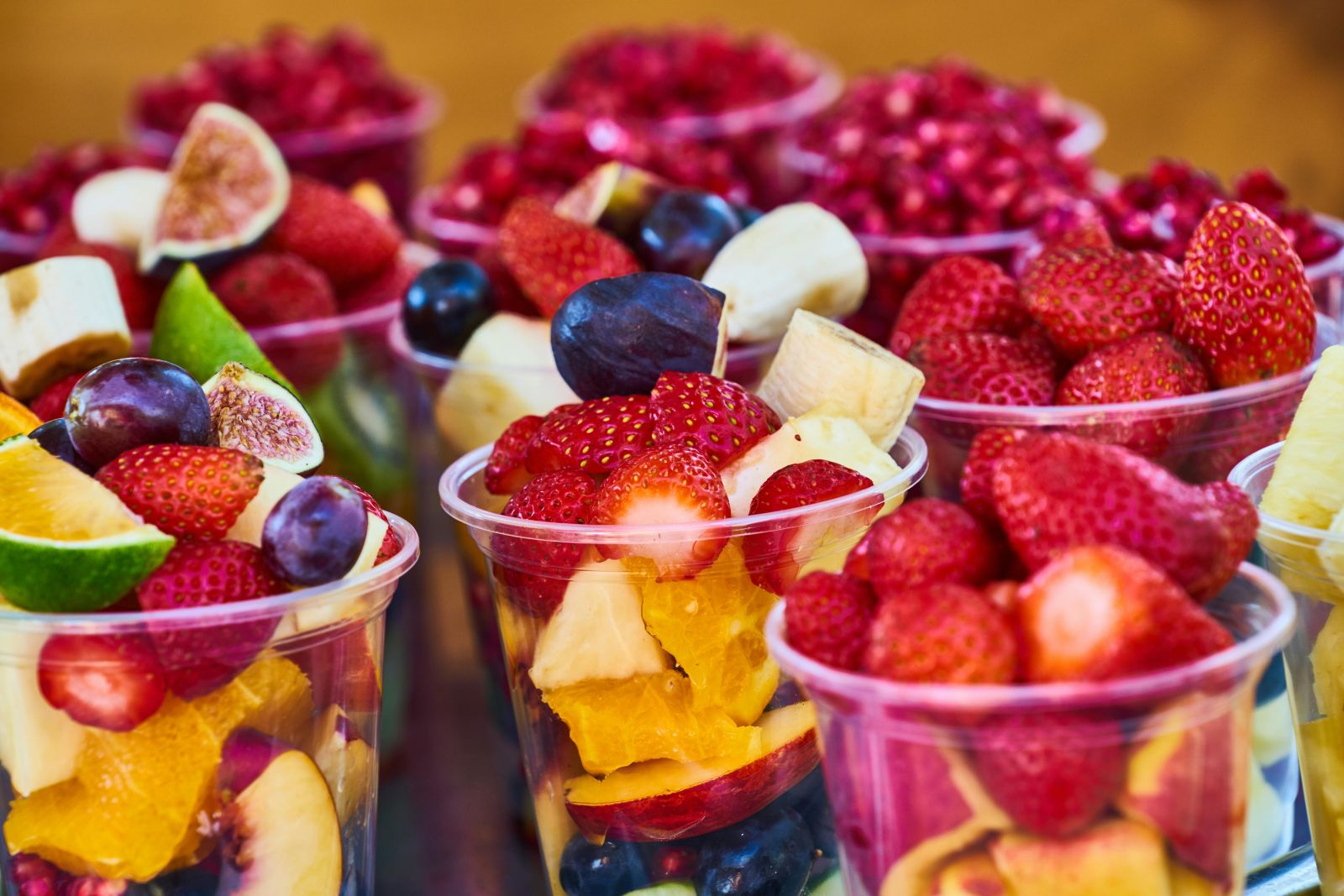Follow us on Google News (click on ☆)

Illustration image Pexels
Sugar, a natural reward
In nature, sugar isn't there by chance. It's a plant strategy! Sugar attracts animals (including humans), who eat the fruits and then disperse the seeds. It's a very effective reproduction method.
During fruit growth, the plant transforms simple elements like water, carbon dioxide and sunlight into energy through photosynthesis. This energy is stored as sugars, mainly in fruits.
Heat + sun = more sugar
Summer brings two important things: more light and more heat. The more sunlight there is, the more photosynthesis the plant can perform. And the hotter it gets, the faster the chemical reactions that convert the plant's reserves into sugars occur.
Result: in summer, fruits ripen better and produce more sugar, making them naturally sweeter.
When it's very hot, some plants receive less water. This might seem bad, but actually, a slightly less water-logged fruit concentrates its sugars more. For example, a slightly dry grape will be sweeter than a very juicy one.
Some fruits are naturally sweeter than others when ripe. Melon, peach or fig have a high sugar content. Others, like lemon or blackcurrant, remain acidic even in summer, as they contain more organic acids than sugar.